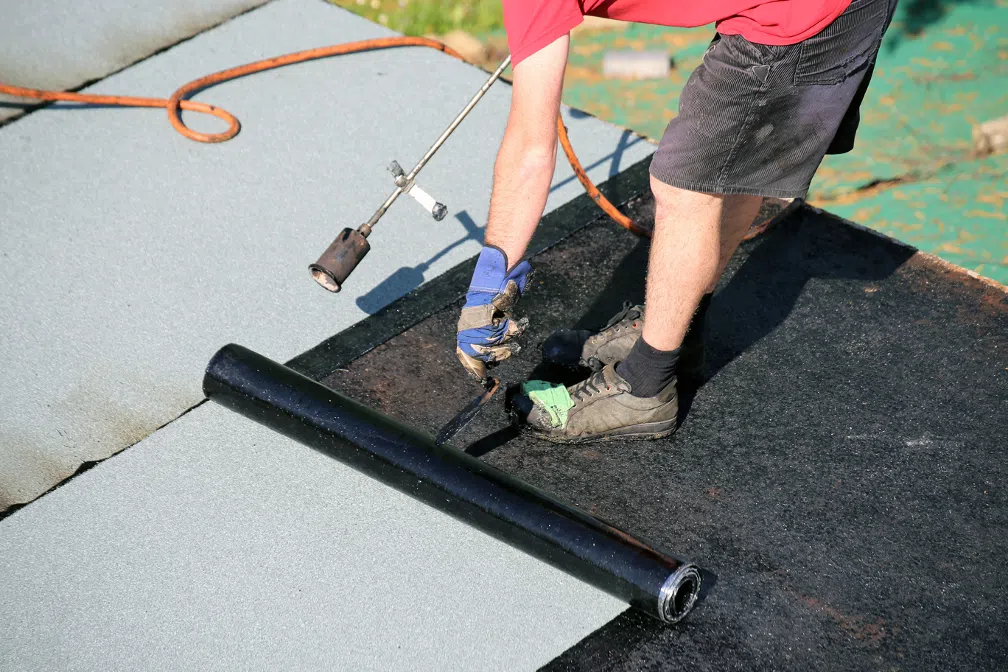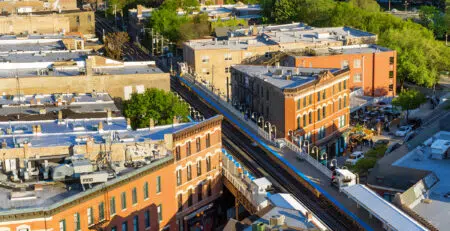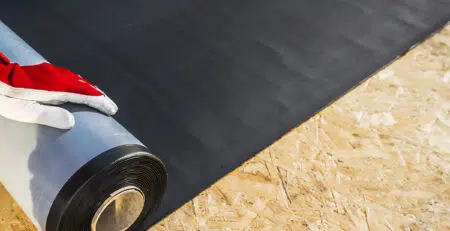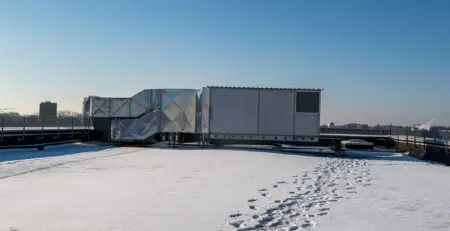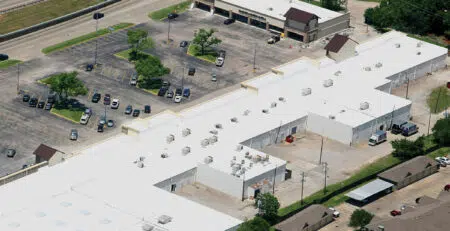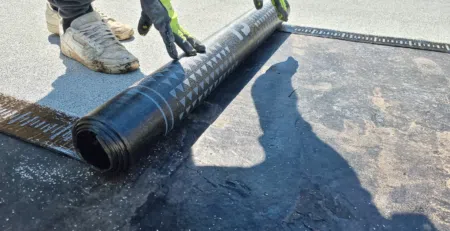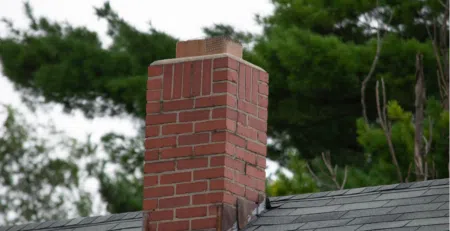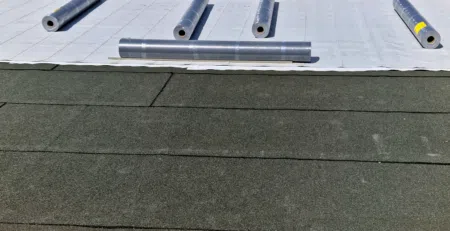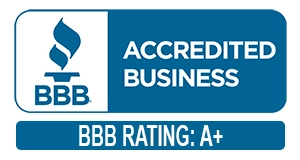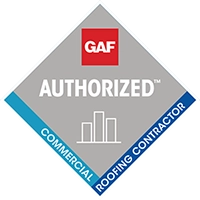Flat roofs are simple, yet highly effective. Despite what you may have heard in the past, a well installed flat roof does an excellent job at keeping your building’s interior dry and safe from leakage, especially if you live in an area that receives heavy rainfall. However, there are many different types of flat roofs to consider — each of which has its own set of benefits and drawbacks.
The most popular types of flat roofs include rubber membrane roofs, built-up roofs, modified bitumen roofs, spray polyurethane foam roofs, and thermoplastic membranes. Do you need some help determining which type is right for your needs? This flat roofing and tuckpointing contractor in Humboldt Park, Chicago is going to review them below.
EPDM Roofing
EPDM roofing (ethylene propylene diene monomer) is the most popular choice for commercial and industrial buildings. EPDM is a type of synthetic rubber that is resistant to UV rays, harsh weather conditions, and fire. EPDM roofing can last up to 50 years with proper maintenance.
While a rubber membrane roof is an excellent option for many, installation may not be as simple as you think. It is recommended that you work with a reputable flat roofing and tuckpointing contractor in Humboldt Park, Chicago to ensure the job is done right.
Built-Up Roofing
A built-up roof (or BUR) is made up of multiple layers of asphalt and roofing felt that are held together with tar or adhesive. The number of layers can vary, but most built-up roofs have at least three.
The main advantage of a built-up roof is that it is very durable and can last up to 30 years with proper maintenance. However, built-up roofs are also one of the more expensive options, and they can be challenging to repair if damaged.
Modified Bitumen Roofing
Modified bitumen roofing is made up of multiple layers of asphalt and reinforced with fiberglass or polyester. These roofs are resistant to tears, punctures, and UV rays, and they can last up to 20 years when properly maintained by a flat roofing and tuckpointing contractor in Humboldt Park, Chicago.
The downside to this type of roofing is that it can be expensive and difficult to repair if damaged.
Spray Polyurethane Foam Roofing
When it comes to energy efficiency, durability, and sustainability, spray polyurethane foam (SPF) roofing is hard to beat.
SPF is applied as a liquid and expands to form a continuous barrier that seals your roof against leaks, pests, and UV rays. It also reflects heat away from your building, helping to keep interior temperatures stable and reducing your reliance on air conditioning.
However, there are some disadvantages to consider. For one, SPF roofs have a limited installation window. They must be installed when the temperature is between 50 and 90 °F. Additionally, there is potential for overspray when applying SPF roofs, which can damage nearby property or create a slip-and-fall hazard.
Final Thoughts
Flat roofs are great options to consider for your home or business. If you are considering installing one, it is important to know the different types available, and what kind of benefits they offer so you can make the best decision. If you want to learn more about your flat roofing options, do not hesitate to consult a professional flat roofing and tuckpointing contractor in Humboldt Park, Chicago.
Looking for a Flat Roofing and Tuckpointing Contractor in Humboldt Park, Chicago?
Have you chosen the right type of flat roof for your home or commercial building? If so, and if you’re looking for the best flat roofing and tuckpointing contractor in Humboldt Park, Chicago, look no further than the team at Expert Super Seal Roofing & Tuckpointing. Contact us today at (773) 993-5668 to schedule a free consultation.

